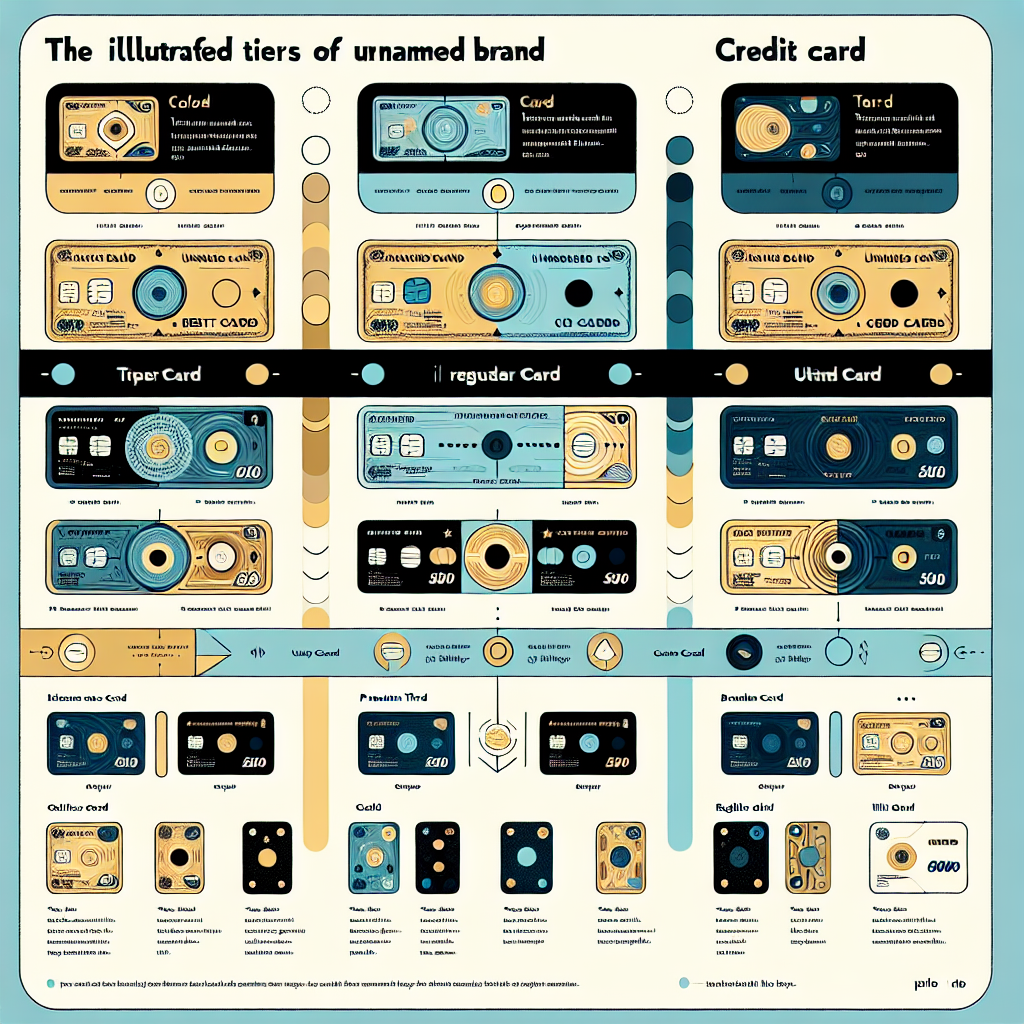Key Insights to Remember
- Keeping tabs on your opening balance along with every debit and credit lets you stay clued in on your true available funds.
- Being savvy about your withdrawals and balance helps you sidestep those pesky overdraft or insufficient funds charges, while quickly flagging any discrepancies or suspicious activity.
- Regularly balancing your checkbook shines a spotlight on your spending habits, revealing where you might tighten the purse strings to boost your savings.
Though it might feel like a grind, balancing your checking account is your frontline defense against fraud, accidental overspending, and a handy tool for decoding your money flows.
Unpacking the Process: What Balancing Your Account Really Means
Balancing your account boils down to jotting down every deposit and withdrawal — essentially your credits and debits — and crunching the numbers to pinpoint your actual balance. Whether you prefer the old-school pen-and-paper route or digital money management tools, the goal stays the same.
Relying solely on your bank’s transaction history can leave you out of the loop. Banks sometimes lag in updating info on items like checks you’ve written or outgoing transfers. Pinpointing these moves yourself lets you subtract the committed funds ASAP, avoiding the trap of spending money that’s already earmarked.
Pro Tip:
Make it a habit to log your transactions daily or every few days. This habit keeps your balance in sharp focus, helping you dodge accidental overspending.
Why Syncing Your Records with the Bank Matters
Matching your ledger with your bank’s records — whether by logging into your online account or reviewing physical statements — is crucial. This cross-checking is your safety net, catching errors or suspicious transactions before they spiral.
Using apps or spreadsheets automates the math, making the balancing act faster and cutting down slip-ups.
The Real Reasons to Keep Your Checking Account Balanced
The advantages of regularly balancing your checking account are plenty and easy to weave into your daily routine. This practice:
- Prevents you from spending more than you have
- Helps spot bank or personal errors
- Alerts you to hidden fees
- Keeps you in control of your finances
1. Reconciling Your Checking Account — The Why and How
Reconciling means lining up every transaction you recorded with the bank’s records, ensuring both books tell the same story. This step catches mistakes on your side or the bank’s, offering peace of mind.
Before digital tools stepped in, this process was all manual — painstaking addition and subtraction. Nowadays, software eases the load considerably. If your personal balance and the bank’s don’t jive, it doesn’t always spell error on their part.
Beware of crafty fraudsters who may drip-feed withdrawals to dodge notice. Regular reconciliation shines a light on odd transactions, helping you shut down unauthorized activity early.
2. Keeping a Close Eye on Bank Fees and Charges
Bank fees can sneak up on you, demanding constant vigilance. Maintaining a clear record of your expenditures highlights these charges, empowering you to adjust spending habits and avoid unnecessary costs.
For example, writing a $500 check doesn’t instantly pull funds from your account. The money may linger until the check clears — days, weeks, or even longer, depending on the payee. Forgetting about this pending debit can lead you to overspend, risking overdrafts.
3. Spotting and Fixing Bank Mistakes
Though rare, banking errors do crop up occasionally. Keeping your account balanced and scrutinizing transactions lets you catch these slip-ups and get them corrected promptly.
Additionally, you may uncover instances where a merchant double-billed you or charged incorrectly, giving you the chance to dispute and recover your funds.
4. Staying Alert to Automatic Payments
Forgetting to balance your account regularly can leave you in the dark about where your cash is drifting. Tracking your transactions shines a spotlight on recurring charges — maybe a gym membership, streaming service, or magazine subscription you no longer use.
Identifying and canceling outdated or unwanted subscriptions frees up funds each month for essentials or padding your savings.
Did you know? According to recent data, American consumers hold an average of 3.7 checking accounts, and overdraft fees alone accounted for over $33 billion in bank income in 2022. Managing your balances closely can mitigate such fees and enhance your financial well-being.
Wrapping It Up: Why This Habit Is Worth Your Time
Keeping your checking account balanced isn’t rocket science when done regularly. Whether you lean on traditional methods or modern budgeting apps, the payoff is control over your money like never before.
Not only does this guard against unexpected overdrafts and fees, but gaining mastery over your finances typically translates into calmer nights and less money stress altogether.






